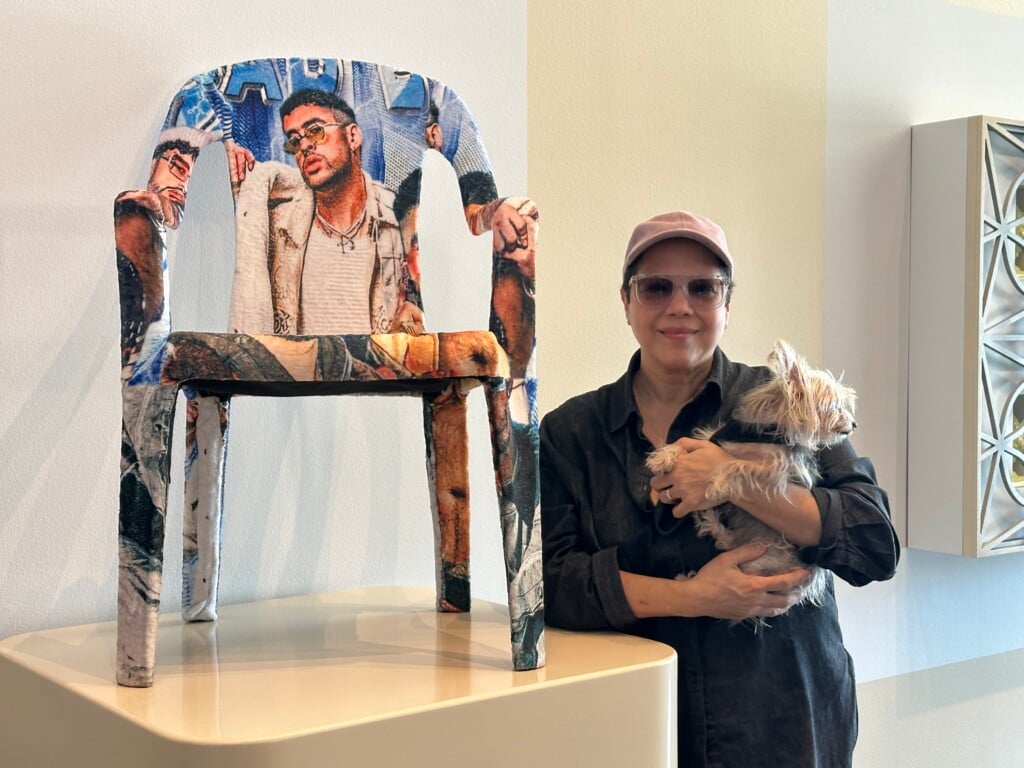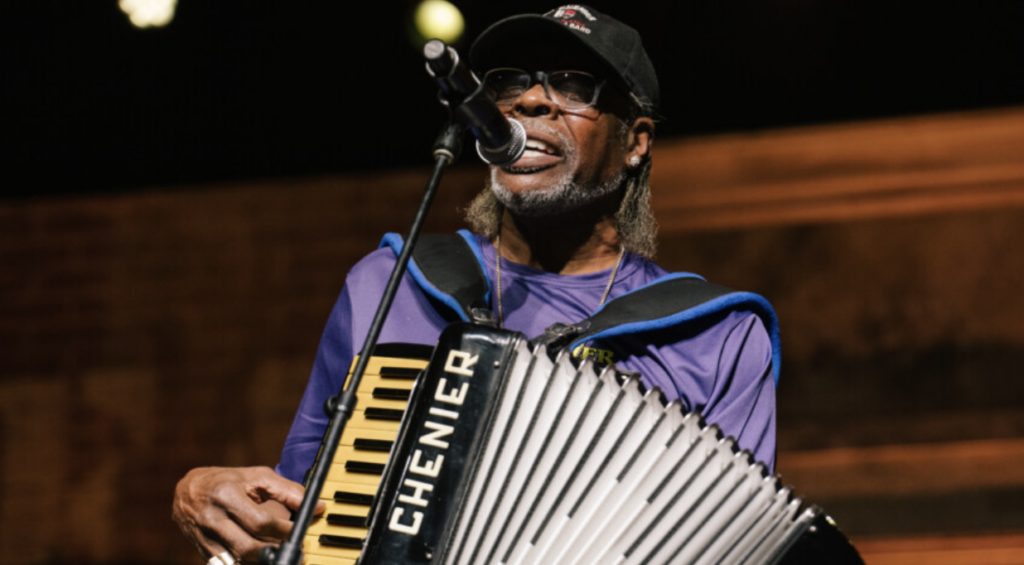Service with a Simile

For every diner who has a bad-waitress or -waiter story, servers take home at least a dozen awful-customer tales. This Sunday at Writers Place, servers unite for an afternoon of performances called The Customer Is Always Wrong, told with the sort of aplomb that only working in restaurants must foster.
Writers Place executive director Lesa Blalock says that, though the venue has hosted readings by local playwrights, “this kind of performance is totally unique: local wait staff who aspire to be thespians.”
The event’s master of ceremonies, actor David Wayne Reed, is also a former server. “The best thing about working in restaurants is the number of tantrums you see,” he says. “Think about it — all those pots and pans to bang and dishes to break.”
Restaurants have “three different subcultures,” Reed notes. “The kitchen staff is mostly blue collar. The wait staff are the coke freaks. And then there are the customers. It’s like a miniature Civil War meets Harmonia Gardens,” he says, referring to the restaurant scene at the opening of Hello, Dolly‘s second act. “I played Rudolph, the head waiter, in that show in college,” he adds.
Reed, who will be joined by other presumably witty former servers, says there are innumerable topics to cover, not the least of which is tipping. “I first worked at Fenton’s at 151st and Metcalf, a middle-class establishment which, like others of its ilk, had the nicest people and the best tippers. The places that cater to the rich? Forget it — bad tippers. Tables of secretaries? Secretary’s Day is awful. And Canadians don’t tip.”
His next eatery was the more upscale Fedora’s. “That was miserable,” he recalls. “I’d thought I’d make so much more money, but all I did was more side work — like marrying ketchups, which you can’t even do anymore.” He did tweak his delivery a bit to raise the bill: “I’d ask the guy if he didn’t want to upgrade the liquor in the drinks. It usually embarrassed him enough to do it,” he says.
But the low point of his food-service career was the night he thought he was about to receive a nice gratuity. “Their bill was $300. They had loved their food, loved their wine. They left $3. I was so incensed I ran into the street, chasing after them. I gave them the $3 back and said, ‘Obviously you need this more than I do.’ Luckily, I had a cool manager and didn’t lose my job.”
Another of the performers, John Hastings, who is still in the business, says, “I love being in restaurants, the cathedrals of my imagination.” He says former employers such as the Hereford House, the Magic Pan and the Carousel in the Muehlebach Hotel may figure in his reading. “And the paradox of Cafe Sebastianne, the big restaurant in the little museum. I’ll be taking no prisoners.”




